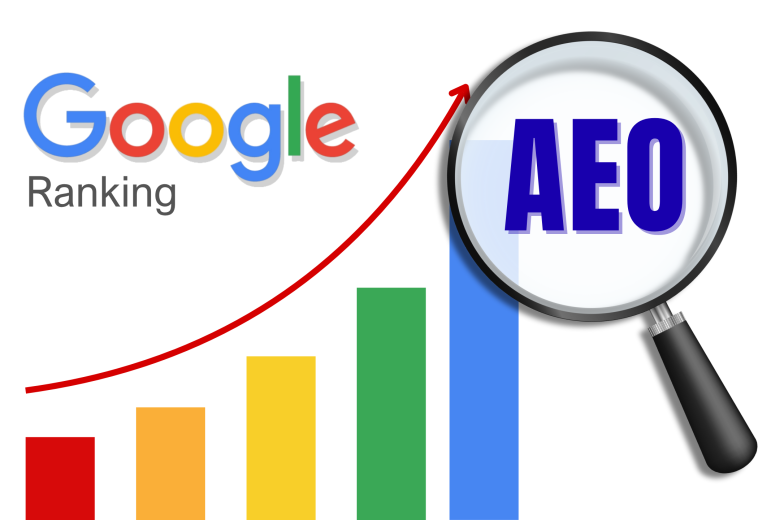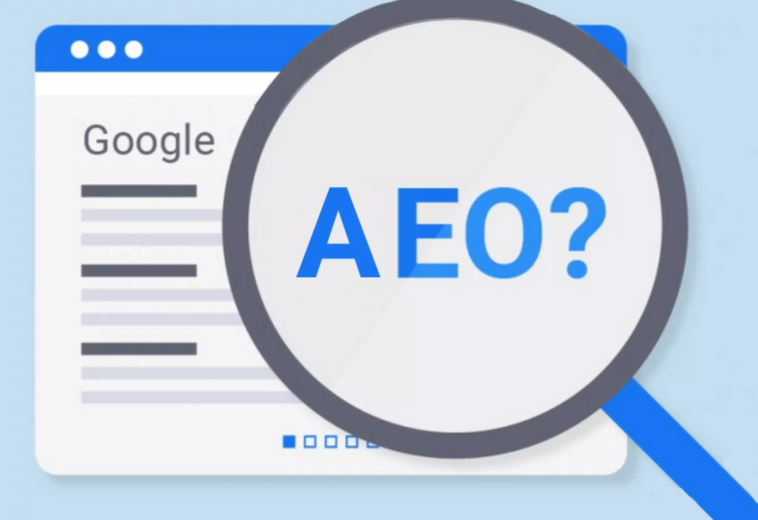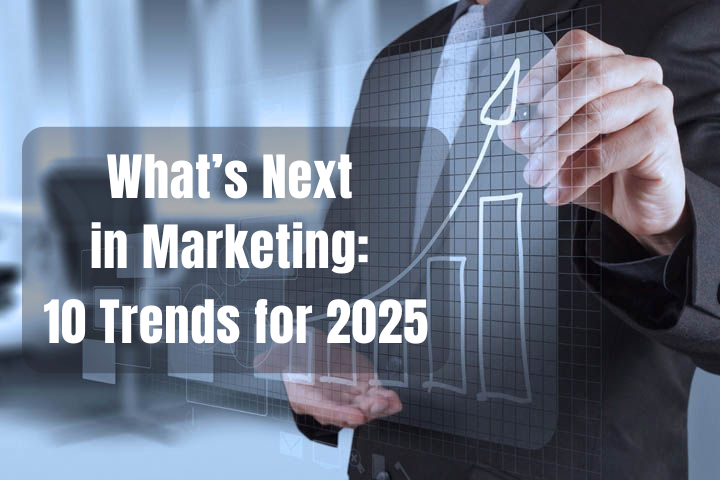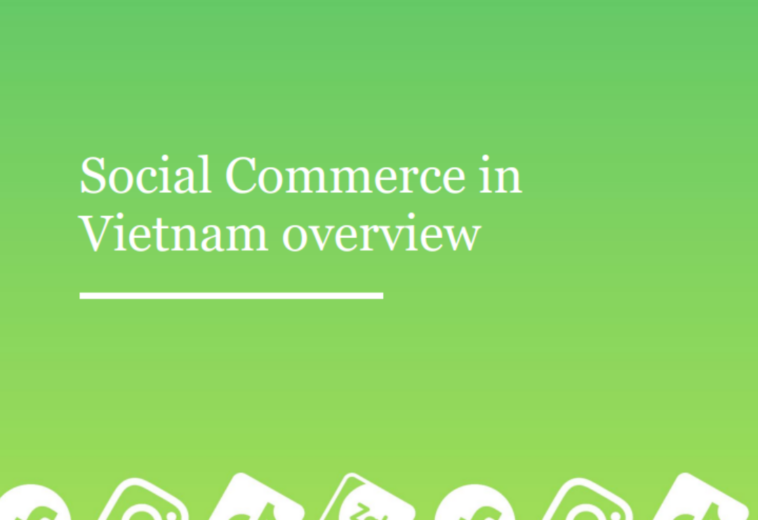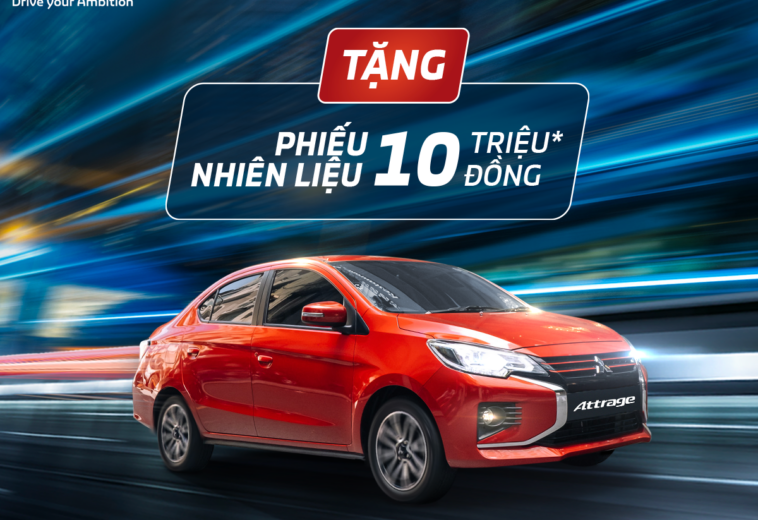In 2025, artificial intelligence (AI) is driving a powerful revolution in digital marketing worldwide, including in Vietnam. From data analysis to content personalization and customer care automation, AI is becoming an indispensable tool for every marketer. This article will provide a detailed overview of AI applications in marketing globally and in Vietnam, while also highlighting opportunities and challenges for businesses to develop the right strategy.

AI is Transforming Global Digital Marketing
a. AI-Powered Content Creation
AI helps marketers produce content faster and more efficiently than ever before. Tools like ChatGPT, Jasper, and Copy.ai can generate blog posts, ad headlines, and product descriptions within minutes. By 2025, it is projected that AI will generate 30% of marketing content from major enterprises.
b. Customer Behavior Analysis and Prediction
AI analyzes data from websites, social media, emails, shopping history, etc., to forecast customer needs and behavior. As a result, marketing campaigns become more optimized and effectively personalized.
c. Smart Ad Optimization
Platforms like Google Performance Max and Meta Advantage+ use AI to automatically adjust ads. AI analyzes data and determines the most suitable visuals, messages, and target audience to improve performance and reduce advertising costs.
d. Personalized User Experience
AI technology helps display content, products, and offers tailored to each user based on behavior and preferences. This enhances the user experience and increases conversion rates.
e. AI Chatbots and Virtual Assistants
AI chatbots operate 24/7, providing product recommendations, customer support, and behavioral data collection efficiently. This is a growing trend, with over 70% of global enterprises already adopting it.
Netflix: Content Personalization & Optimized Promotion with AI

As one of the largest streaming platforms globally, Netflix is a prime example of comprehensive AI adoption in digital marketing. Beyond content recommendation, Netflix uses AI to:
- Predict user preferences based on previous viewing behavior;
- Create multiple thumbnail versions for the same film, optimized for different audience segments.
- Automate promotional campaigns by region, age group, and language.
For example, with the series Wednesday, Netflix used AI to identify Gen Z as a target group interested in gothic style, then launched short-form videos in TikTok-style formats to drive viral engagement.
Results achieved:
- Increased click-through rates due to tailored visuals;
- Boosted viewership in localized markets.
- Reduced ad spend by targeting the right audience at the right time.
Lesson from Netflix: AI not only improves ad performance but also supports personalized content journeys from discovery to decision-making, creating a competitive edge in the global content race. Netflix turns AI into a tool that personalizes content and optimizes promotion by region, language, and behavior.
Vietnam in the Global Wave of AI Marketing
In Vietnam, AI is being increasingly adopted across digital marketing. Businesses, especially SMEs, are starting to use AI to generate content, analyze customer behavior, and automate sales support.
According to a survey by MMA Vietnam, up to 89% of domestic businesses have implemented AI in their marketing activities. The most common applications include chatbots, content creation, and product recommendations.
AI also helps Vietnamese marketers build personalized campaigns across multiple digital platforms. Instead of mass outreach, campaigns can now be designed specifically for customer segments based on behavioral and preference data.
Moreover, local AI tools are rapidly developing, enabling businesses to access technology without facing language barriers or major investment costs.
Tiki Integrates ChatGPT: Smart Shopping with an AI Assistant
In 2025, Tiki made headlines by becoming the first e-commerce platform in Vietnam to integrate ChatGPT directly into its app. Instead of manually searching, comparing, and filtering products, users can now converse with AI like a virtual shopping assistant—completely free and convenient.

This new feature allows users to ask naturally phrased questions, such as: “I want to find a birthday gift for a 25-year-old woman under 300k, can you suggest something?”
ChatGPT immediately provides relevant product suggestions, combined with available promotions and filtering by rating, price, or brand. Tiki is no longer simply using AI for ad personalization but is gradually making AI an integral part of the customer shopping journey—from search to purchase decision.
Benefits achieved:
- Faster product searches, fewer steps required;
- Improved user experience, longer app engagement time;
- Higher order conversion rates thanks to real-time, accurate advice.
Strategic significance: Tiki is leading the way in turning AI from a backend engine into a real-time interactive assistant, making users feel understood, supported, and guided—something traditional e-commerce platforms often lack.
Opportunities and Challenges in Applying AI to Marketing
AI brings numerous opportunities to digital marketing, including scalable campaign execution with optimized costs, improved personalization, enhanced campaign effectiveness, and increased customer satisfaction. It also helps marketers save time in data gathering and processing.
However, AI application also comes with several challenges. Businesses need complete and high-quality data for AI to function effectively. Additionally, many marketers are still unfamiliar with using AI tools, leading to incorrect usage or underutilization of its potential.
Another concern is the overuse of AI in content creation, which can result in monotonous, emotionless content that fails to preserve brand identity. Therefore, AI should be used as a support tool, not a total replacement for human creativity.
What should Marketers do to adapt?
Mastering AI tools: To effectively implement AI in marketing, marketers must continuously learn and update their technology knowledge. Mastering popular AI tools such as ChatGPT, Canva AI, and automated Google Ads is a crucial first step.
Enhancing data analysis skills: The ability to process and interpret data is equally vital. Marketers must know how to extract insights from customer data to make informed decisions. Furthermore, combining technology with human creativity and emotional intelligence will differentiate successful campaigns.
Balancing tech and empathy, following trends: Finally, marketers must adopt a flexible mindset and actively adapt to the ever-evolving technology landscape to stay ahead in a competitive market. AI is only a tool—humans remain the key to driving creativity and emotional connections.
Conclusion
AI is fundamentally reshaping how marketing is done, both globally and in Vietnam. Marketers and businesses that apply it wisely will unlock tremendous growth opportunities. However, technology is most effective when paired with strategic thinking, creativity, and deep customer understanding—qualities only humans possess.

![[RECAP] BLUESEED GROUP & OPTIMIND AI: A STRATEGIC ALLIANCE DEFINING THE FUTURE OF BRANDING IN THE AI ERA](https://blueseed.group/wp-content/uploads/2025/11/hello-758x520.png)
